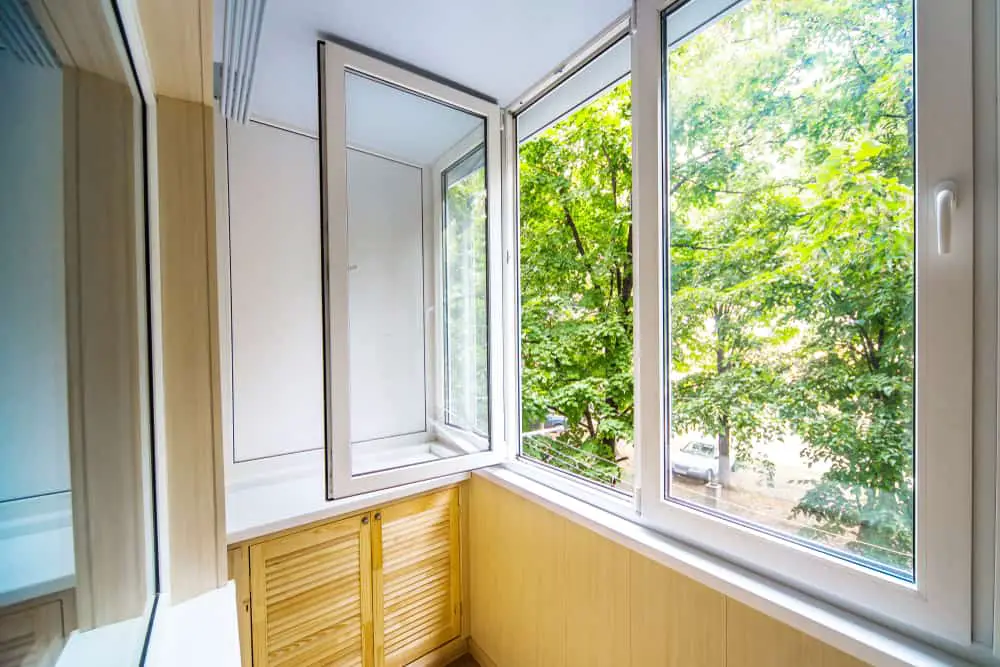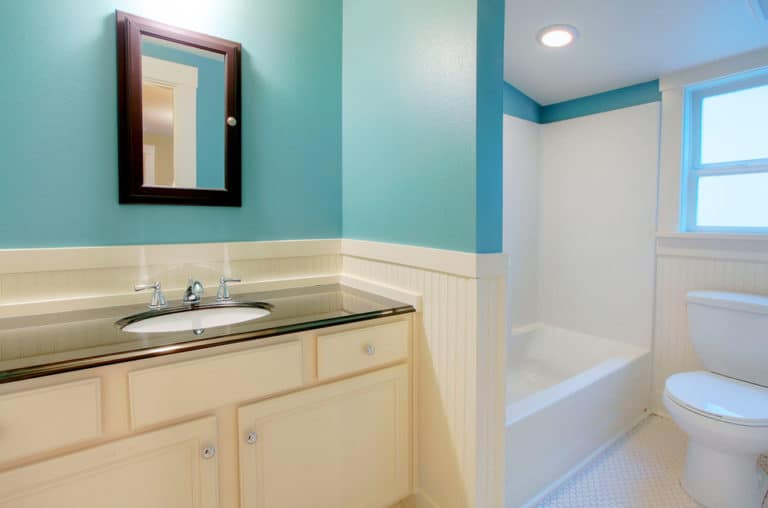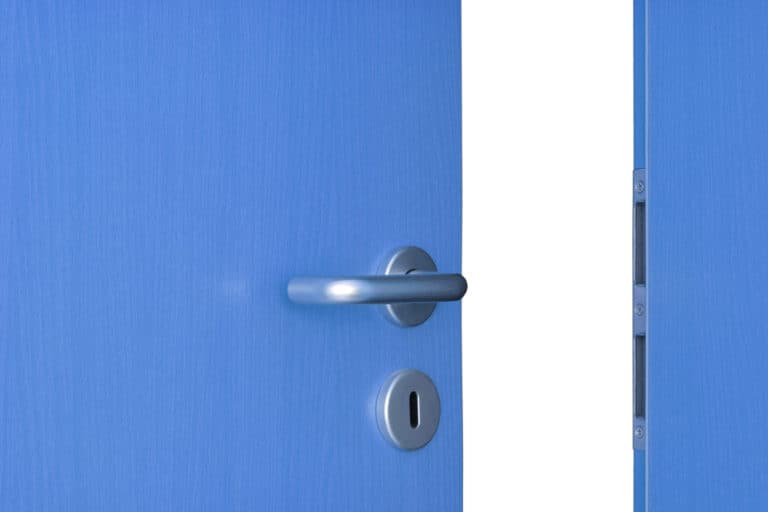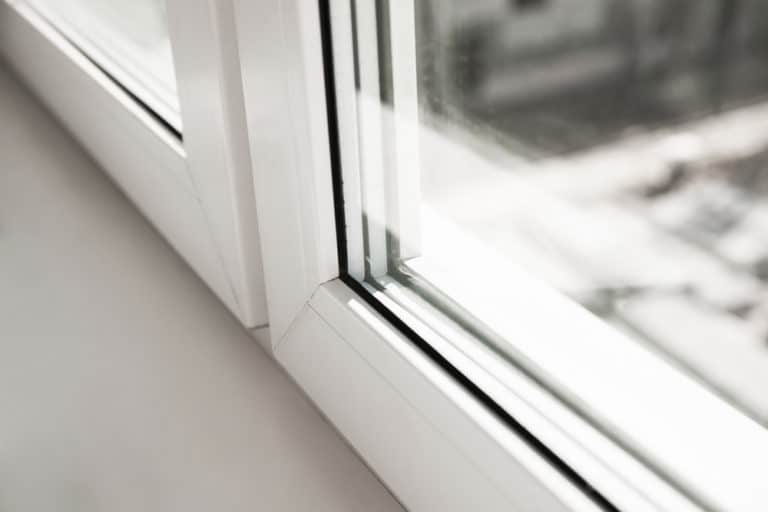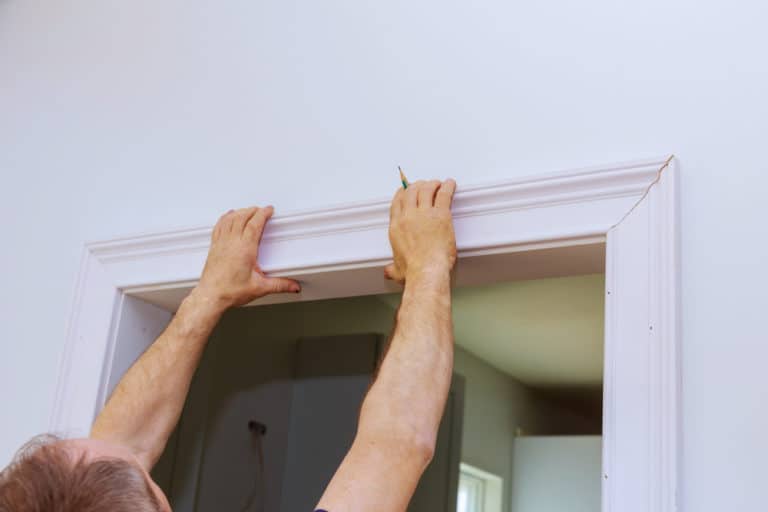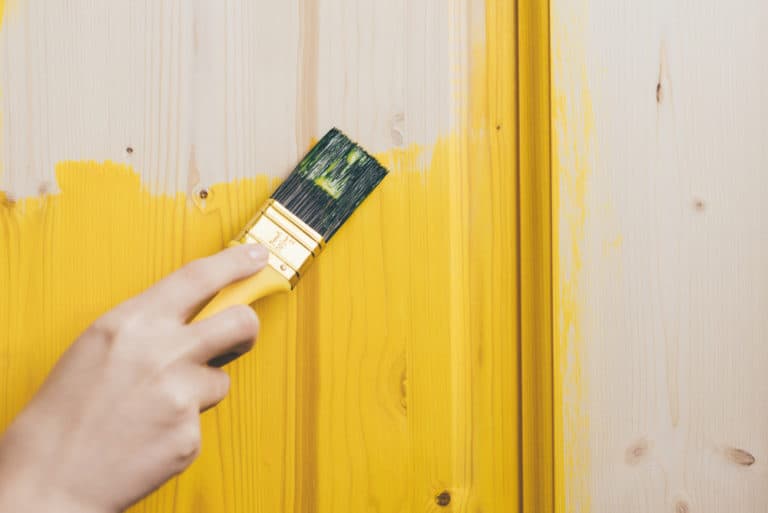How Thick Should Your House Windows Be?
If one’s eyes are the window to one’s soul, then surely your windows are the eyes of your home? If not, they should be! Your windows allow light in, keep unwelcome critters out, and help warm your home – but how thick should your windows be?
Residential windows in the US are usually single-strength, 3/32″ thick, which is ample for normally sized windows. Larger windows usually require a double-strength glass of 1/8″ thickness for safety reasons. In other countries, glass thickness for homes ranges from 3-5mm for the most part.
Extra attention is always given to window frames rather than the glass in the frame, but few of us pay much attention to the glass we insert – often because we buy an existing house where the wife loves it, and the husband has no interest in fixing it if it ‘ain’t broke’! The truth is, builders will always install the cheapest legal option, and it’s in your interest to know what you have and to change it if necessary.
Just How Thick Should Your House Windows Be?
Standard residential windows in Britain are typically fitted with clear float glass, ranging in thickness from three to five millimeters (mm). Doors are generally fitted with four or five mm clear toughened glass. Most residential windows in the US use single-strength glass ( 3/32″) thick. For extremely sizeable windows, 1/8″ thick glass (double strength) may be required.
Does Location Matter Regarding The Thickness Of Window Glass?
Location can be vital regarding the thickness of the glass you put in your window. Consider a beach cottage in Bali or a two-story house in Fairbanks: One needs the minimum thickness, while the other will probably require double-glazing or the thickest glass possible to combat the cold.
Windy areas, like those on the Atlantic or North-Sea coasts, will certainly have different challenges for your window glass than well-sheltered areas.
Are Thicker Windows Better Than Thinner Ones?
The extra thickness offered by the double-strength insulated glass is way better than single-strength glass in the correct setting for several critical reasons:
- Thick glass is a lot more durable and is less likely to break,
- It adds to the structural stability of your window,
- It greatly improves sound control.
- It’s less hazardous for you and your loved ones.
Does Thicker Glass Reduce Noise?
The thicker the pane of glass, the superior its noise-reduction properties. However, glass has a certain pitch at which it amplifies the sound, and double glazing is probably a better option, using two different thicknesses of glass to dampen sound.
Does Thicker Glass Assist With Energy Efficiency?
The thickness of the glass has virtually no impact on energy efficiency performance and refers to a window’s resilience or strength. Thicker glass is often used to protect against high winds and is typically used in the upper levels of taller office buildings and high-rise apartments.
Does The Thickness Of Glass Assist With Condensation Prevention?
A single sheet of glass will not prevent condensation, as it gets cold on the outside and condensation appears inside. Double glazing can greatly reduce condensation as it comprises two panes of glass with air space between.
The inner pane will be warm and the outer pane cold, with a gradually warming of the air between the panes. There will be less heat loss and a drop in your home’s energy consumption as the room requires less heating.
Why Are My Windows Wet In The Morning?
This phenomenon is caused by the air inside the room (which is warmer than the surface of the glass) striking the glass, which is at a much lower temperature. This usually occurs at night or early morning when temperatures are low, particularly if there is a clear sky and almost no wind.
This is most common in the winter when the outside air is dry and cold and the indoor air is warmer and humid.
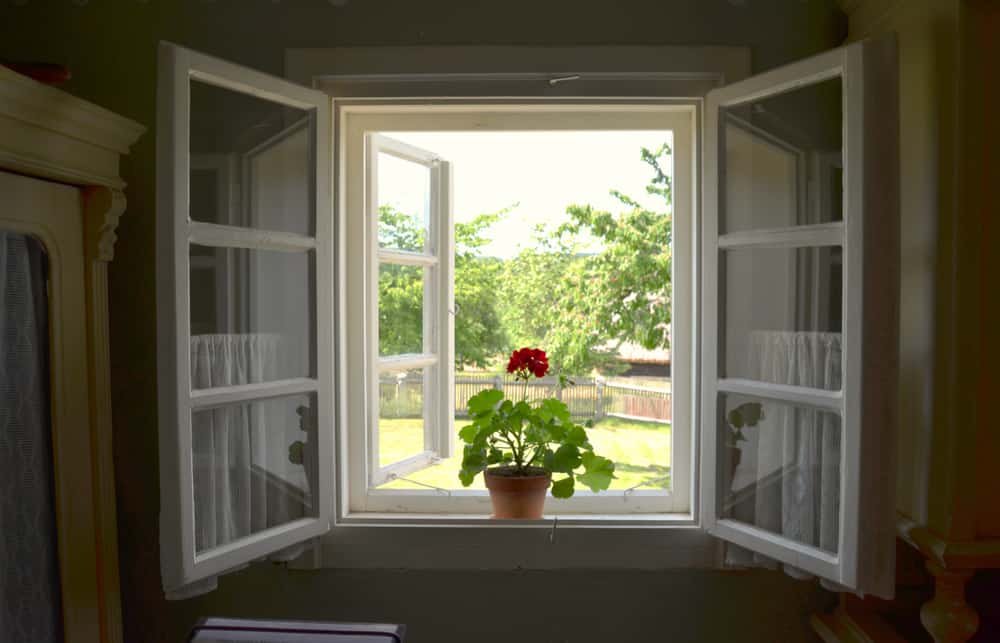
Do High-Efficiency Windows Make A Real Difference?
A saving of 10-13% off their energy bill is routinely made by homeowners who invest in High Efficiency (HE) windows. Therefore, a home that might consume $250 a month on heating would cost $25-$35 less each month. Homeowners in colder climates that traditionally consume more energy annually can save far more.
Are The New Energy-Efficient Glass Windows Tax-Deductible?
In certain areas, you can claim a tax break of 10% of the cost of qualified energy efficiency improvements and 100% of your residential energy property costs. This credit has a maximum of $500 for all years combined, and a maximum of $200 of that limit can be for windows. Confirm with your local authorities.
Does Blue-Colored Glass In Your Windows Protect Against UV Rays?
There is no evidence to suggest that blue-colored glass assists with UV breakdown. However, it can give the illusion of a sun shield.
What U Value Should New Windows Have? (the UK only)
In the United Kingdom, the lower the U-value of window glass, the better. A low U-Value indicates that a window should maintain a home’s internal temperature well. Recent building regulations require new windows to have a U-Value below 1.6 W/m2k.
What Is The Strongest Window Glass?
Laminated (or Shatterproof ) glass is the thickest glass generally used in residential dwellings.
What Is Laminated Glass?
According to our good friends at Wikipedia, laminated glass (LG) is a type of safety glass that will hold together, even when shattered. In the event of breakage, it is kept in place by a thin plastic sheet, typically of polyvinyl butyral (PVB) or Polyvinyl chloride (PVC), between its two (or more) layers of glass.
The interlayer, created through heat and pressure, bonds the glass even when broken, and its extreme strength prevents the sheet of glass from shattering into sharp pieces.
Is Buying Expensive Window Glass Worth It?
The Afrikaans have a saying: ‘Goedkoop is duurkoop,’ or ‘Buying cheap costs more in the long run,’ and that’s true for window glass. If you are in a high-impact area (hail, birds, children, etc.), get thicker glass for your peace of mind.
Should the windows in my home all match?
There is no need for the windows to all be the same size, shape, or style. However, when choosing your windows, try to imagine what they will look like in place, and remember that you will be looking at and through them every day.
Conclusion
Window glass is there for safety, protection, and warmth. If your situation requires it, I highly recommend thicker windows, particularly if children or pets are around.

